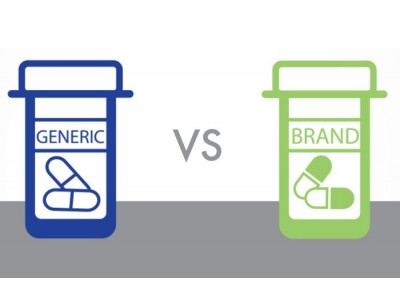Also read metformin and cipro.
No, generic drugs are not lower in quality simply because they are cheaper. In fact, generic drugs are required by regulatory authorities to be equivalent to their brand-name counterparts in terms of dosage form, strength, route of administration, quality, safety, and efficacy. Here are several key points to understand about generic drugs:
FDA Approval: Generic drugs undergo a rigorous approval process by regulatory agencies such as the U.S. Food and Drug Administration (FDA) in the United States. The FDA requires generic drugs to demonstrate bioequivalence to the brand-name drug, meaning they must deliver the same amount of active ingredient into the bloodstream within a similar timeframe as the original drug.
Cost Savings: Generic drugs are typically cheaper than brand-name drugs because generic manufacturers do not have the same development costs as the original manufacturer. This cost savings is passed on to consumers and healthcare systems.
Quality Standards: Generic drug manufacturers must adhere to Good Manufacturing Practice (GMP) regulations, which ensure that medications are consistently produced and controlled to meet quality standards. The FDA and other regulatory agencies regularly inspect facilities to ensure compliance.
Effectiveness: Generic drugs work in the same way and provide the same clinical benefit as their brand-name counterparts when used according to the approved labeling. Studies have shown that switching from a brand-name drug to a generic version or between different generics of the same drug typically does not affect treatment outcomes.
Bioequivalence Studies: Before approval, generic drug manufacturers must conduct studies to demonstrate that their product is bioequivalent to the brand-name drug. This involves comparing the rate and extent of absorption of the generic drug to that of the brand-name drug.
Consumer Confidence: Generic drugs are widely used and trusted by healthcare providers and patients worldwide. They have been part of mainstream healthcare for decades and have contributed significantly to making medications more affordable and accessible.
In summary, generic drugs are a safe and effective alternative to brand-name drugs. They undergo stringent regulatory scrutiny to ensure they meet the same standards of quality, safety, and efficacy. Choosing between a generic and brand-name drug often comes down to factors such as cost, insurance coverage, and individual preferences, but quality should not be a concern when selecting a generic medication prescribed by a healthcare provider.
